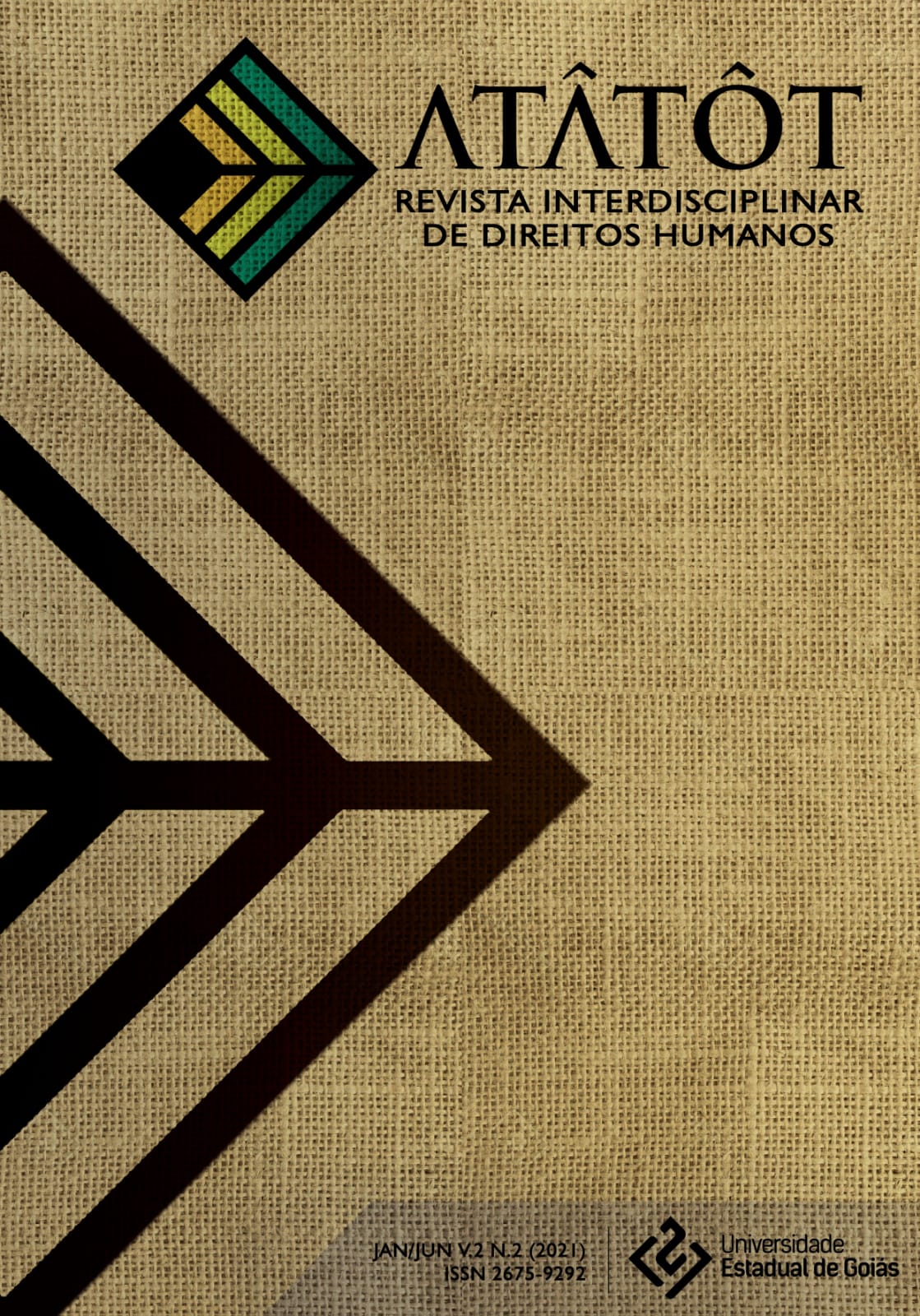Human Rights, Violence and the Camp Paradigm
A Critical Reception Built from the Arendtian Work
Keywords:
Human rights, Hannah Arendt, Totalitarianism, ViolenceAbstract
The present critical review, through the hypothetical-deductive method, aims to analyze some of the main works of the philosopher Hannah Arendt - The human condition, Eichmann in Jerusalem and Origins of totalitarianism - from its main commentators, as well as the issues that permeate human rights, violence and the rural paradigm. The Arendtian work, as it is commonly known, is of fundamental importance for researchers in the area of philosophy, law and similar sciences, since it is only through human rights - or as this author refers, from the “right to have rights”- that it is possible to avoid the repetition of the horrors of totalitarianism - and that is why this brief search is justified.
Downloads
Published
Issue
Section
License
Copyright (c) 2021 Atâtôt - Interdisciplinary Journal of Human Rights (UEG)

This work is licensed under a Creative Commons Attribution-NonCommercial-NoDerivatives 4.0 International License.










